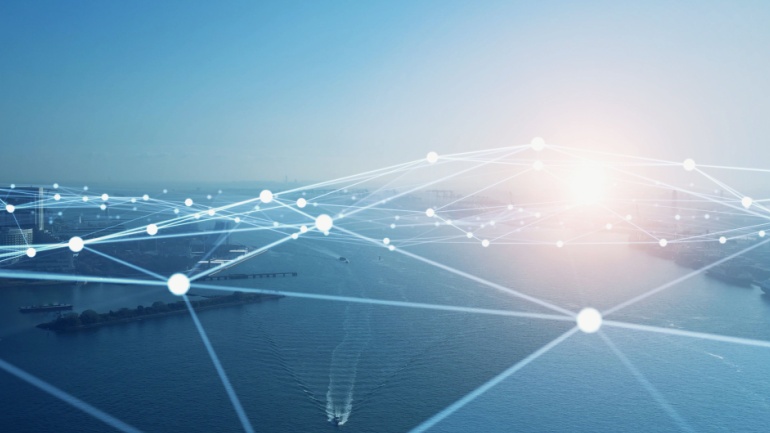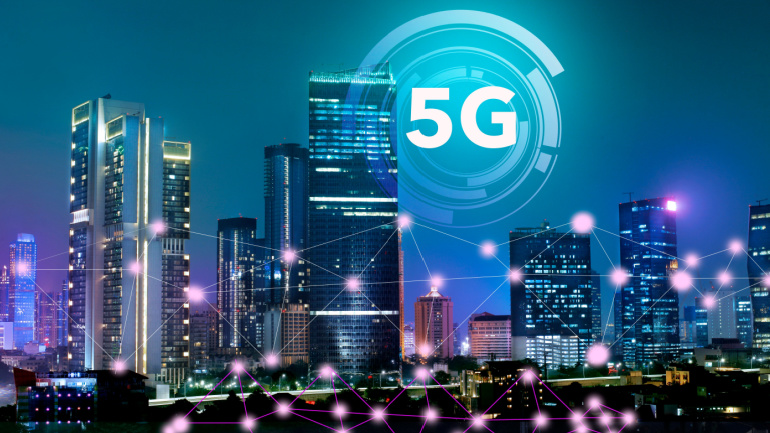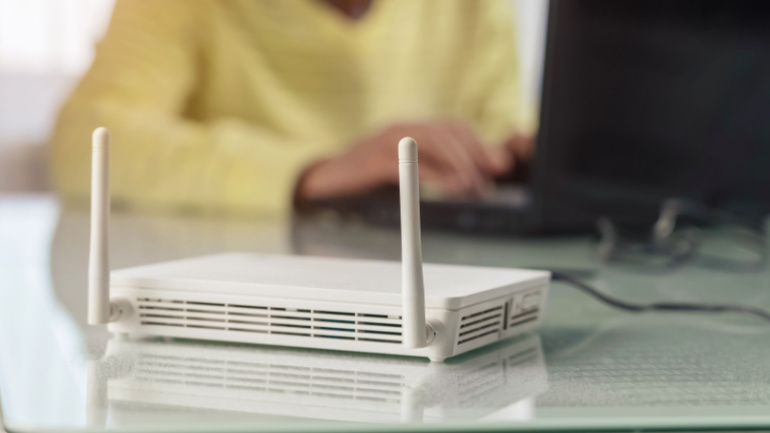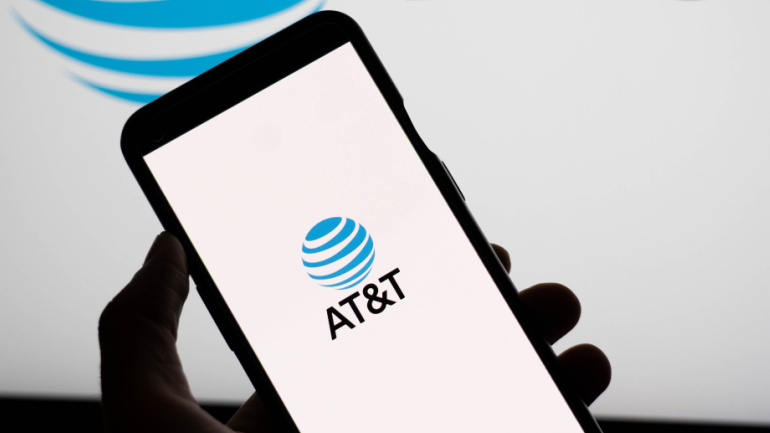Manx Telecom’s strategic partnership with Aqua Comms promises to bolster the Isle of Man’s telecommunications infrastructure by introducing secured subsea fibre accessibility. The move aims to meet growing digital demands, enhancing the island’s connectivity in terms of security, capacity and resilience. This expansion also future-proofs the needs of data centre users and fibre broadband consumers by catering to emerging technologies.
Unveiling the next generation of wireless systems, the ENLIGHT’EM project has skillfully pioneered advances in visible light communication (VLC) and power efficiency for light-emitting diodes (LEDs), particularly in tricky IoT scenarios. Brought to life by the passionate team at IMDEA Networks, this venture stands at the intersection of cutting-edge technology and sustainability, delivering innovative solutions and triumphantly winning the European EIT Jumpstarter competition.
The $24 billion merger between T-Mobile and Sprint drastically reshaped the US mobile landscape, reducing the country’s major operators. To counterbalance this change, Dish Network intended to purchase T-Mobile’s 800 MHz licenses.
Intelsat has recently made headlines with several announcements at the Mobile World Congress (MWC), highlighting the evolving role of satellite connectivity in today’s digital world. Among these announcements was the notable expansion of its partnership with Openserve, a South African telecommunications infrastructure provider, to include cutting-edge hardware and enhanced satellite services. This move underscores a broader shift in the satellite connectivity landscape, from a focus on remote areas to a versatile tool for modern telecommunications challenges.
In a recent analysis, Vodafone has highlighted a significant opportunity cost for UK’s small and medium-sized enterprises (SMEs) due to the sluggish deployment of standalone 5G technology. According to the telecommunications giant, UK businesses are forgoing approximately £8.6 billion annually in potential productivity gains, a situation that also threatens the country’s competitiveness in Europe.
Scotland’s pureLiFi pioneers revealed latest advancements in delivering data via light at Mobile World Congress. Their new LiFi hotspot not only provides impressive broadband connectivity, but avoids congesting WiFi networks. The LINXC Bridge™ emerged as a trailblazing solution for indoor 5G connectivity, boasting 1Gbps speeds over 5G network.
Vodafone has announced its intention to sell its Italian branch to Swisscom for a total of €8 billion in cash, signaling a significant shift in the telecom landscape. This revelation came on Wednesday, following intense speculation in the media regarding such a transaction. The two companies have entered into exclusive discussions concerning Vodafone Italy, though a definitive agreement has yet to be finalized.
The telecommunications sector leaps forward as KDDI and SpaceX bring a game-changing satellite-to-cellular service, intertwining mobile and satellite technologies. Leveraging SpaceX’s Starlink low-earth orbit satellites and KDDI’s national wireless spectrum, the partnership aims to expand urban connectivity into rural areas. While the innovation promises swift deployment and extensive coverage, it also poses challenges, including the need for costly, satellite-enabled handsets.
iboss, the leader in cloud-delivered cybersecurity, has announced a new value-added distribution agreement with Sydney-based Orca Tech in the Australia and New Zealand (ANZ) regions. This collaboration marks a significant step forward in iboss’s mission to bolster its presence in the ANZ market and deliver cutting-edge cloud security solutions to organisations across the region.
AT&T’s CEO John Stankey has shed light on the massive service disruption on February 22nd. Revealing an incorrect protocol during network expansion as the cause, Stankey unveiled a testament of resilience. Meanwhile, AT&T plans to apply account credits to the most affected consumers and small businesses. The incident, affecting an estimated 75% of customers, triggered a swift restoration of service, notably prioritizing first responders.













